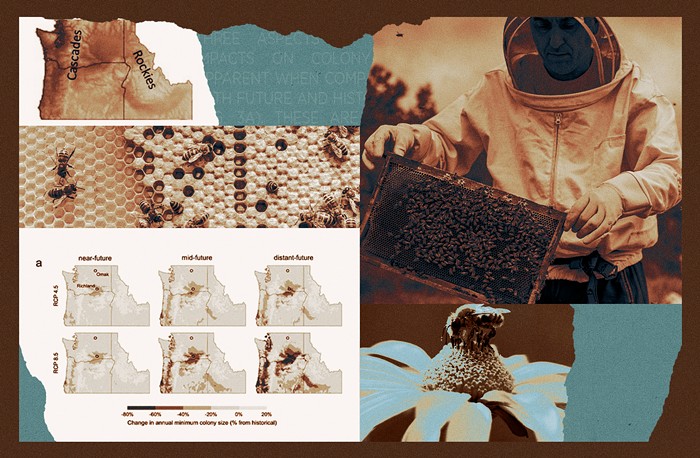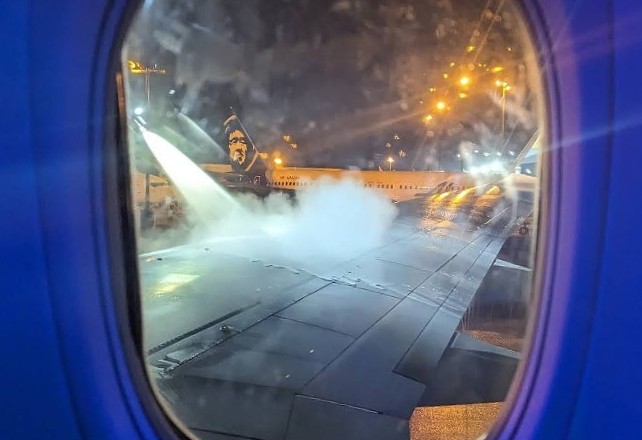
Despite Monday afternoon being startlingly (suspiciously) sunny, this last wet weekend and the rainy forecast have made it clear that we’ve entered the time of year when nobody can plan a picnic, mold grows on every surface that hasn’t already been claimed by moss, and sidewalks become more puddle than pavement. In other words, it’s a perfect time of year for you to squeeze a few thousand bucks out of the city’s RainWise rebate program.
The scheme is straightforward enough: You tell them your address, and they tell you if you qualify for a check—on average, nearly $5,000—to install features that collect rainwater. Why are we spending all this money and effort on water that might have touched a disgusting filthy bird on its way down? Well, because while a barrel of rainwater might be kind of gross for certain applications, it’s a lot less gross than the alternative, which is raw toilet sewage turning up where you didn’t expect it.
When the rain gets really heavy, it’s not uncommon for sewers to overflow and dump their contents out into Elliot Bay, Lake Washington, Lake Union, and the Ship Canal. This happens because some of our pipes combine rainwater and sewage, so our growing population combined with extra-wet weather sometimes overwhelms the system. Here’s what that looks like:
You can see a map of the dozens of locations where sewage might be released, which is, of course, extremely disgusting. Seattle isn’t expected to have these overflows under control for another decade.
So that’s where the RainWise program comes in. They’ll pay—literally just hand out money—for projects that reduce the amount of rain that enters the sewer system. So far, the program has installed about 2,000 projects around Seattle, with each installation managing on average 16,456 gallons per year, or 25 million gallons overall.
Some of the interventions are pretty simple, like just planting trees or installing a rain barrel; others are more complex, like converting your roof to a garden or replacing driveways with something permeable. I personally have no idea how one goes about breaking up a driveway, since the only context I’ve ever seen someone use a jackhammer is pornography, but fortunately I don’t need to know because the city will also match you with contractors who can do the work.
And while you might think, “Oh, but I live in an apartment, there’s no way this program is for me,” you’re probably right, but landlords have proven surprisingly open to performing RainWise renovations if someone else is paying. Check out this map to see where projects have been completed in homes, businesses, and apartment buildings near you.
It only takes a moment to check and see if you’re eligible for someone else to pay for your upgrades, and then voila, you might be on your way to getting a new garden courtesy of the city. Unless you actually like the massive bubbling geysers of toilet water.















